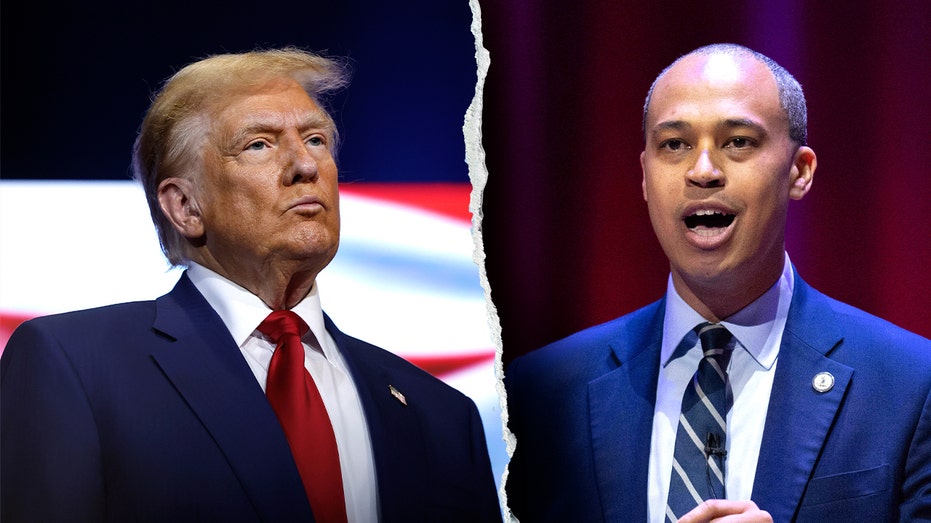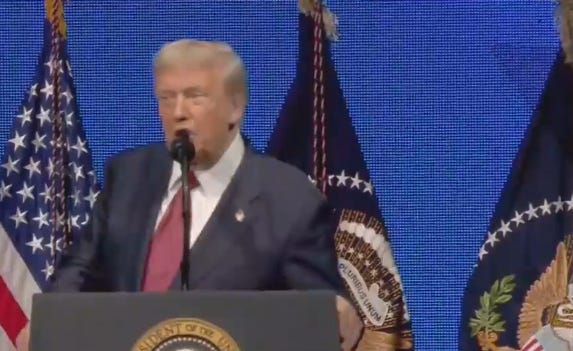A simmering tension has erupted between members of Congress and the Pentagon, revealed during a recent Senate Armed Services Committee hearing. Lawmakers from both sides of the aisle voiced deep frustration over what they perceive as a deliberate lack of communication regarding critical national security policies.
The hearing, ostensibly focused on confirming three key nominees – Austin Dahmer, Robert Kadlec, and Michael J. Borders, Jr. – quickly transformed into a platform for airing grievances. Senator Roger Wicker, Chairman of the committee, initiated the concerns, suggesting a disturbing pattern of Pentagon actions seemingly misaligned with the President’s directives.
Wicker specifically questioned the Pentagon’s decision to end a rotational infantry deployment in Romania, a move that appeared to contradict assurances that U.S. troops would remain in Europe. While the Pentagon framed the change as a sign of increased European self-reliance, lawmakers remained skeptical.
The core of the issue, however, extends beyond specific deployments. Senators expressed difficulty simply obtaining information from the Pentagon’s policy office, hindering their ability to fulfill their constitutional oversight role. A recent internal memo directing all Congressional communication through a central office has only amplified these concerns.
Senator Tom Cotton sharply questioned nominee Austin Dahmer about a series of perceived policy missteps, including a pause in aid to Ukraine and a canceled meeting between U.S. and Japanese officials. He described a chaotic atmosphere emanating from the Pentagon’s policy division, contrasting it with the more responsive intelligence and acquisition sectors.
The frustration wasn’t limited to Republicans. Senator Jacky Rosen passionately asserted that Congress was not being treated as a co-equal branch of government, lamenting the lack of proactive engagement before the publication of the National Defense Strategy. The sense of being deliberately sidelined was palpable.
Even seasoned Senator Jack Reed criticized Dahmer’s apparent lack of awareness regarding key events, despite having served in a critical role within the department for months. The implication was clear: a disconnect exists between those making decisions and those responsible for informing Congress.
Senator Dan Sullivan directly challenged the nominees, demanding a commitment to promptly return calls from Senators – a simple courtesy he claimed was routinely ignored by a top Pentagon official, Elbridge Colby. He pointedly noted it was easier to reach the Secretary of War and even the President himself.
While a Pentagon spokesperson defended the department’s engagement with Congress, citing numerous briefings and meetings, the underlying sentiment remains. Lawmakers are demanding greater transparency and a more respectful partnership, essential for effective national security decision-making.
The hearing underscored a fundamental principle: a strong national defense requires not only military strength, but also a robust and informed dialogue between the executive and legislative branches. The current breakdown in communication threatens to undermine that vital connection.






